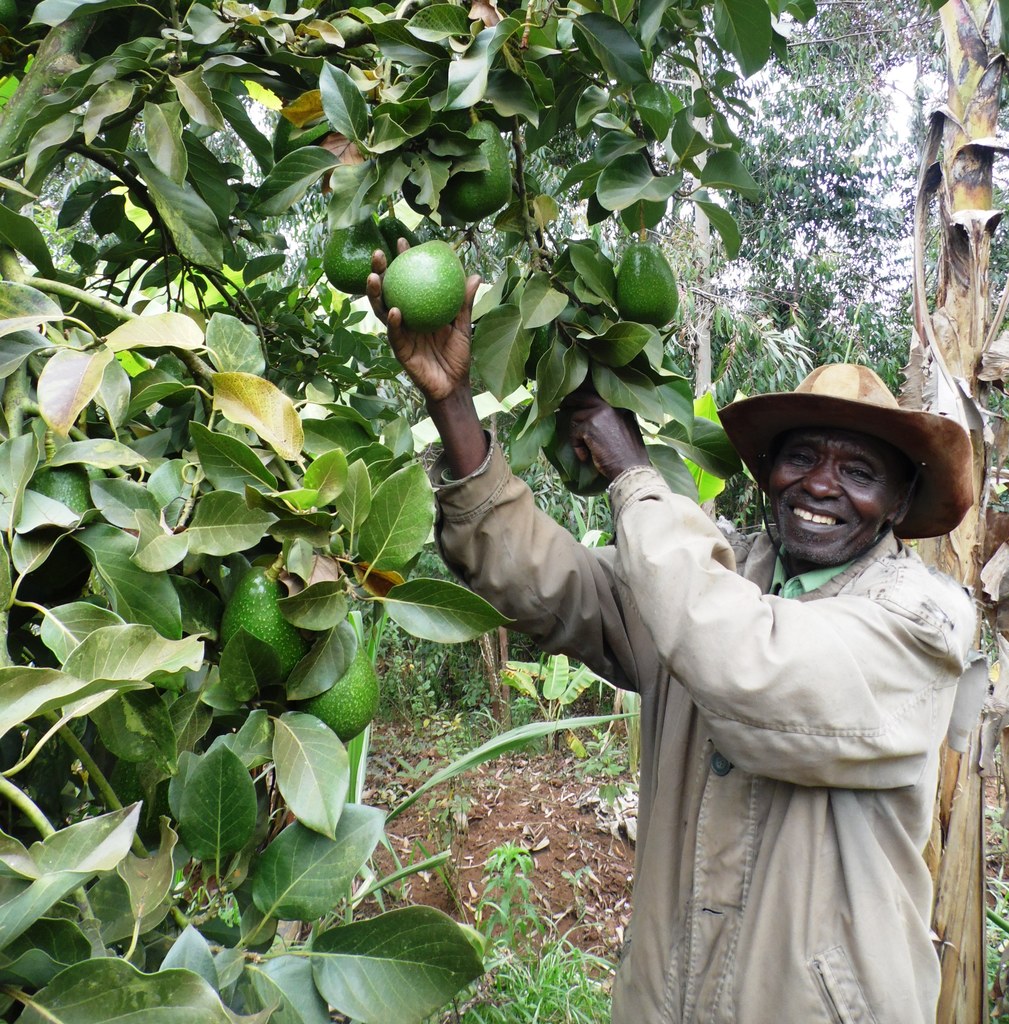
Kakuzi Company Limited is set to abandon pineapple farming this year to focus on avocado production whose global demand and price has increased in a bid to make more profit.
The company which is listed in both the Nairobi and the London Stock Exchange markets disclosed the move on Friday when announcing a 5.2 per cent increase in net profit to Sh561.6 million for the year ended December. This profit increase has been linked to higher international avocado prices.
“Kakuzi has taken a decision to discontinue the fresh pineapple operation in favour of planting the area to Pinkerton avocado. Sales of pineapple will eventually be phased out in 2018,” said Paul Mbugua, head of the company’s horticultural department.
RELATED ARTICLE: Central Kenya avocado farmers enjoying export opportunity
Currently the average price of a 90-kilogramme bag of avocado has shot up to Sh2,560, making it the highest cost of the commodity since May 2014, when a bag was selling for slightly above Sh2,700.
A single avocado is going for between Sh50 and Sh80 in Nairobi’s retail markets and supermarkets, up from between Sh10 and Sh20 each during high season.
Kakuzi’s pineapple farms in Murang’a and Ndemo Farm in Kilgoris totaling to 64 hectares have for years been the biggest commercial producers of pineapples in the country making the company well known for the production of the crop.
The grower also owns a joint project with Del Monte Kenya Ltd covering 1001 Hectares in Thika where pineapples are produced.
Other than the local markets, Kakuzi exports its produce which mostly are in canned form to countries such as France, Germany, Italy, Belgium and the Netherlands. The fruit is also used to make concentrate for juice products.
RELATED ARTICLE: Taming avocado pests eases entry into EU market
Until end of last year, the firm had 1,500 acres of land for avocado farming where it harvested 7,282 tonnes of fruit. At its peak, Kakuzi had over 120 acres of its own land under pineapple but last year ended with just 60 acres of its land being used to grow pineapple.
The partnership with Del Monte is set to be terminated in coming years.
“The increase in profit is as a result of continued market demand for avocado and macadamia throughout the year,” said Mbugua.
“Profitability within the Tea operations continued to reflect the difficult trading conditions and significant inflationary pressure on labour and other production costs.”
Kenya is currently producing 200,000 metric tonnes of the fruits a year but only exports 16,000 metric tonnes. Whereas Israel produces 100,000 metric tonnes of the fruits yearly and exports 60,000 metric tonnes.
RELATED ARTICLE: Europe avocado demand to benefit Kenyans until August
Kenya performs below average in avocado export because the fruits lack uniformity and the export market demands fruits of certain shapes and sizes, features which can only be achieved through irrigation of the crops when farmers in the country depend on rain-fed agriculture.
Export market buyers prefer size 12 fruits with dry matter content of 23 per cent.
The US is currently the most dominant market for avocados followed by Europe and the far East Asia.
















Comments powered by CComment